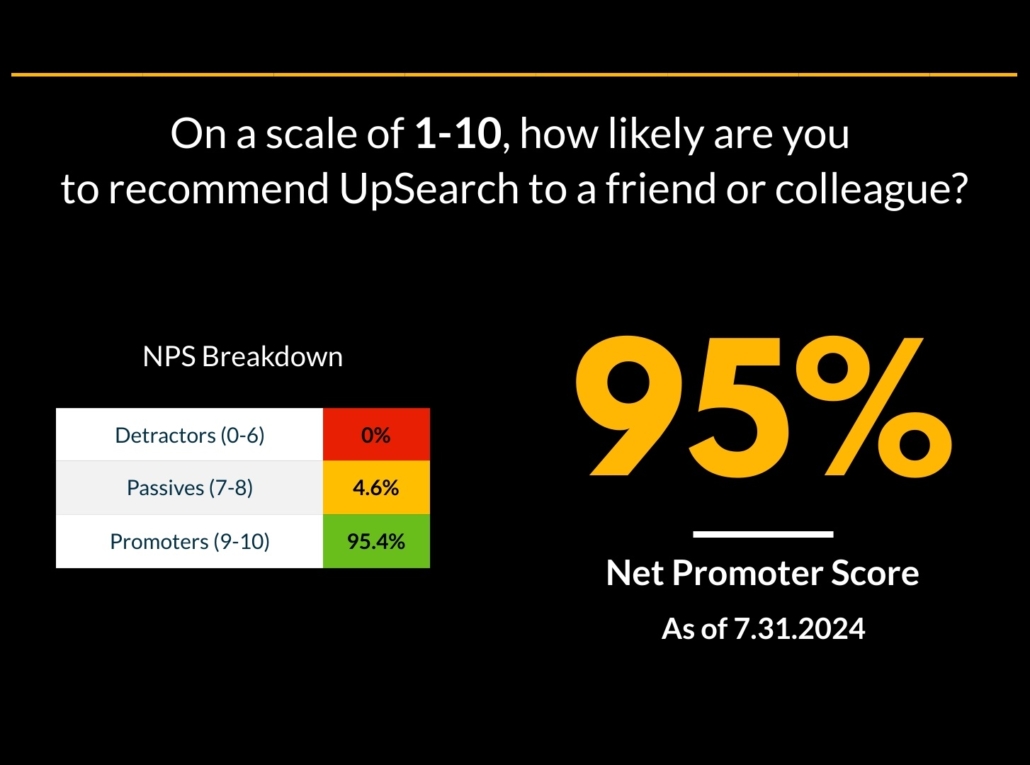When UpSearch agrees to an Advisory Service engagement, we take that responsibility very seriously. Our duties include being able to respond in the event of an emergency, and to take independent administrative action, both in critical and non-critical situations. This often requires having elevated rivileges on the systems which we are contracted to manage. Specifically, in critical situations, Service Level Agreements can often be impacted by waiting for a client to grant the appropriate permissions in SQL or Windows for UpSearch to resolve issues. We prefer to mitigate this by having those permissions in advance.
Much like running health checks or installation and configuration of SQL Server, UpSearch performs
frequent tasks on client systems that require administrative permissions, including but is not limited to:
• Configuration of SQL or Operating System settings such as memory and CPU allocation.
• Administering disk space, cleaning up files, changing file configurations, etc. on SQL Servers.
• Remote Desktop sessions on SQL Servers and UpSearch’s workstation.
• Remote access to operating system or SQL Server metrics via PowerShell Remoting.
• Access to query Windows Management Instrumentation counters via PowerShell or 3rd party tools.
• Starting / stopping Windows services.
While some of these actions are performed on an infrequent basis, many are performed daily, both interactively and via automated tasks administered by UpSearch. During the investigation of performance trends and alerts, UpSearch frequently needs elevated access to client systems to perform proper research. Many actions performed while configuring or diagnosing SQL Server also require administrative permissions at both the SQL Server and Windows OS level.
All changes made to a system will follow proper change control procedures, per our client’s standards. If the client has not implemented a change control mechanism, UpSearch will coordinate changes with the client’s primary point of contact.

